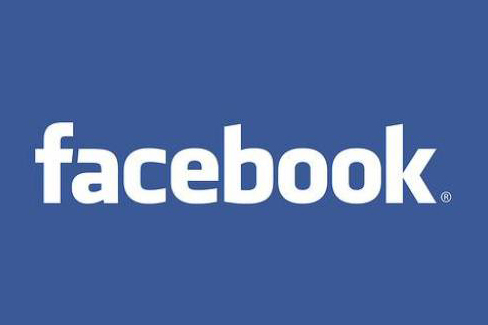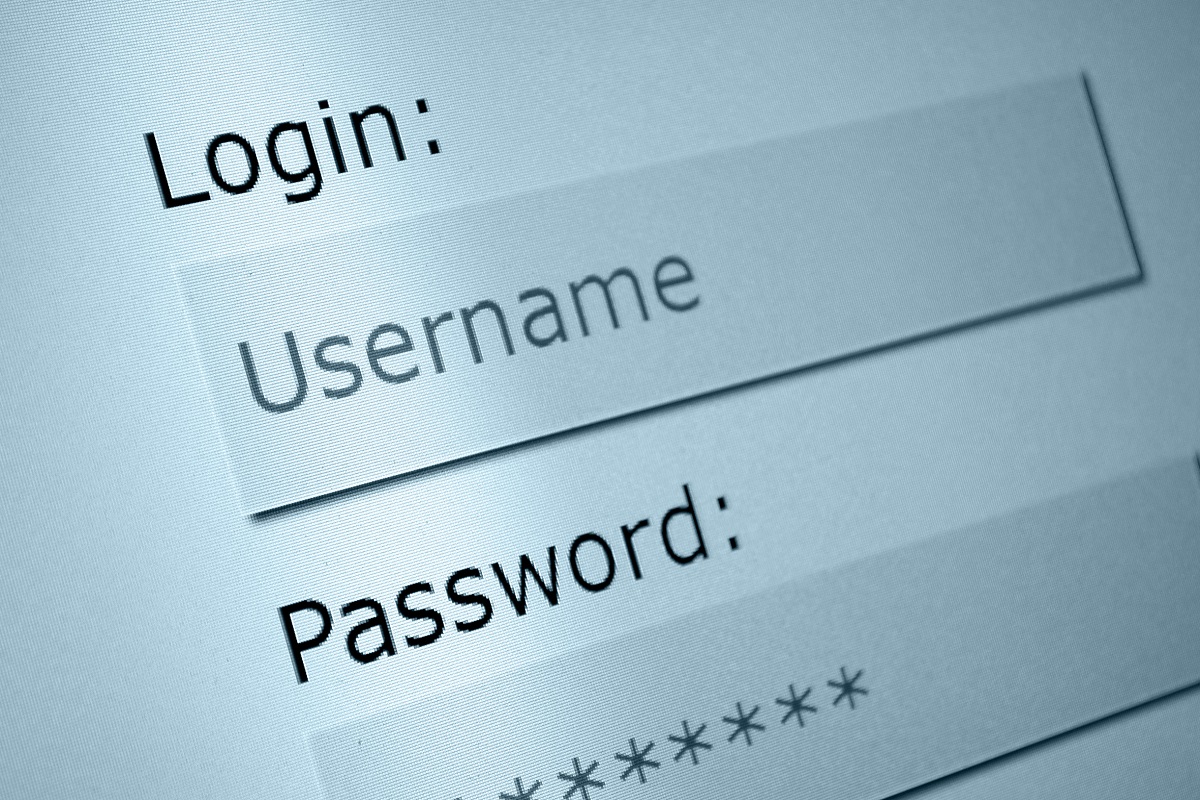Facebook rejects 10,000 accounts hacked
Facebook says Team Swastika's supposed hack of account logins was no hack at all.


Sign up today and you will receive a free copy of our Future Focus 2025 report - the leading guidance on AI, cybersecurity and other IT challenges as per 700+ senior executives
You are now subscribed
Your newsletter sign-up was successful
Facebook has rebuffed reports that more than 10,000 account logins were stolen by a new hacktivist group.
A post from a group calling themselves Team Swastika appeared on Pastebin briefly, claiming to contain thousands of pilfered Facebook usernames and passwords.
The Pastebin post has now been removed, but Trend Micro's director for security research Rik Ferguson managed to spot and store the details today.
However, Facebook looked into the issue and said the details did not relate to any active accounts.
"This does not represent a hack of Facebook or anyone's Facebook profiles," a Facebook spokesperson said.
"Our security experts have reviewed this data and found it to be a set of e-mail and password combinations that are not associated with any live Facebook accounts."
Facebook said Trend Micro's use of the term "hacked" was "simply wrong." Ferguson never indicated Facebook itself had been hacked, however, and the social network said the data had been taken in a phishing attack.
Sign up today and you will receive a free copy of our Future Focus 2025 report - the leading guidance on AI, cybersecurity and other IT challenges as per 700+ senior executives
Little is known about Team Swastika, which has also published details from the websites of the Indian Embassy in Nepal and the Government of Bhutan.
The group announced its arrival on the hacking scene just a week ago, with one tweet indicating it would be part of the growing hacktivism scene.
"Fight For Justice | Justice To Freedom Never Give up | Never Back down," the Twitter message read.
IT Pro spoke to Ferguson before Facebook's comments, saying Team Swastika would not want to lose any credibility at such an early stage of its development, which it could do by making false claims.
"Certainly it would go against their credibility because somebody out there will test it," Ferguson said. "Credibility is going to be very important to them."
Ferguson has attempted to contact Team Swastika about the alleged hack.
They seem to be Nepalese hackers targeting the Indian embassy in Nepal and the Government of Bhutan.
The who?
As for the hacking group's provenance, the only leads come from its name and previous targets.
"Don't forget the swastika is an Indian symbol originally, it wasn't a Nazi thing originally," Ferguson added.
"They seem to be Nepalese hackers targeting the Indian embassy in Nepal and the Government of Bhutan."
Previous Team Swastika compromises appeared to have been carried out with a SQL attack.
Tom Brewster is currently an associate editor at Forbes and an award-winning journalist who covers cyber security, surveillance, and privacy. Starting his career at ITPro as a staff writer and working up to a senior staff writer role, Tom has been covering the tech industry for more than ten years and is considered one of the leading journalists in his specialism.
He is a proud alum of the University of Sheffield where he secured an undergraduate degree in English Literature before undertaking a certification from General Assembly in web development.
-
 Hackers are pouncing on enterprise weak spots as AI expands attack surfaces
Hackers are pouncing on enterprise weak spots as AI expands attack surfacesNews Potent new malware strains, faster attack times, and the rise of shadow AI are causing havoc
-
 Boards are pushing for faster returns on AI investments, and tech leaders can't keep pace
Boards are pushing for faster returns on AI investments, and tech leaders can't keep paceNews AI projects are now being held to the same standards as any other business investment
-
 Thousands of exposed civil servant passwords are up for grabs online
Thousands of exposed civil servant passwords are up for grabs onlineNews While the password security failures are concerning, they pale in comparison to other nations
-
 Gen Z has a cyber hygiene problem
Gen Z has a cyber hygiene problemNews A new survey shows Gen Z is far less concerned about cybersecurity than older generations
-
 Passwords are a problem: why device-bound passkeys can be the future of secure authentication
Passwords are a problem: why device-bound passkeys can be the future of secure authenticationIndustry insights AI-driven cyberthreats demand a passwordless future…
-
 LastPass just launched a tool to help security teams keep tabs on shadow IT risks
LastPass just launched a tool to help security teams keep tabs on shadow IT risksNews Companies need to know what apps their employees are using, so LastPass made a browser extension to help
-
 The NCSC wants you to start using password managers and passkeys – here’s how to choose the best options
The NCSC wants you to start using password managers and passkeys – here’s how to choose the best optionsNews New guidance from the NCSC recommends using passkeys and password managers – but how can you choose the best option? ITPro has you covered.
-
 I love magic links – why aren’t more services using them?
I love magic links – why aren’t more services using them?Opinion Using magic links instead of passwords is safe and easy but they’re still infuriatingly underused by businesses
-
 Password management startup Passbolt secures $8 million to shake up credential security
Password management startup Passbolt secures $8 million to shake up credential securityNews Password management startup Passbolt has secured $8 million in funding as part of a Series A investment round.
-
 LastPass breach comes back to haunt users as hackers steal $12 million in cryptocurrency
LastPass breach comes back to haunt users as hackers steal $12 million in cryptocurrencyNews The hackers behind the LastPass breach are on a rampage two years after their initial attack
